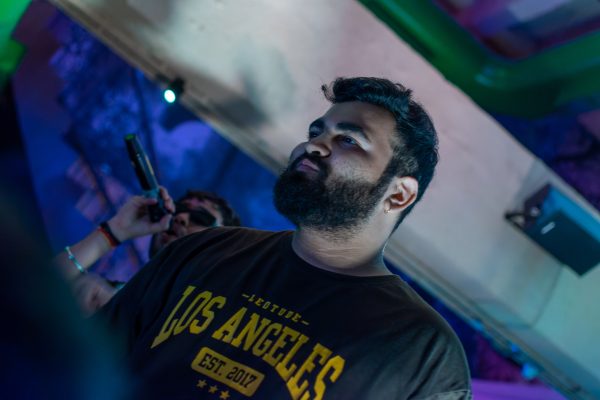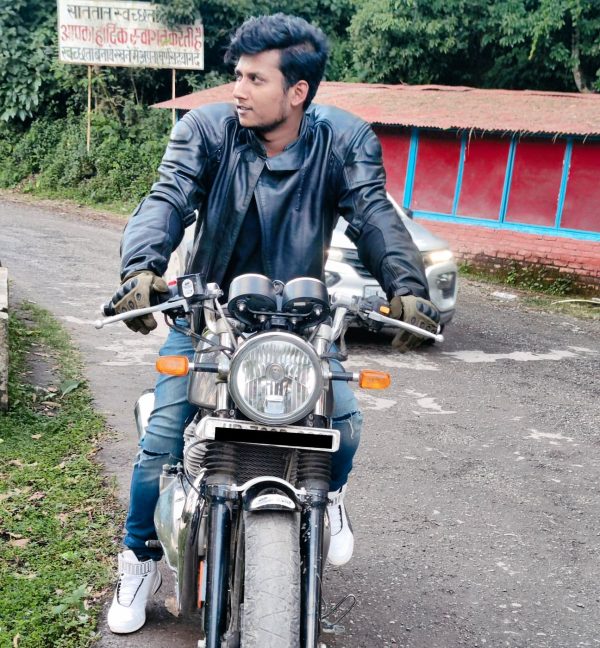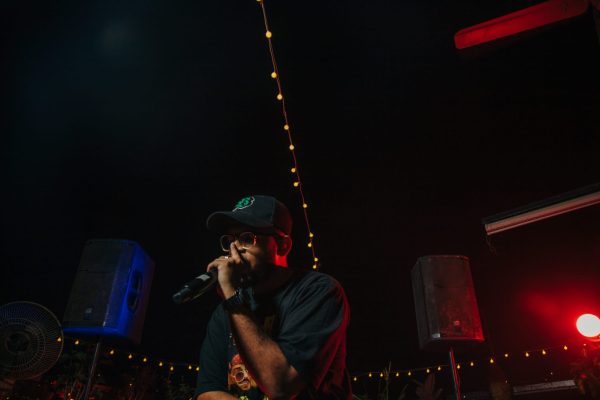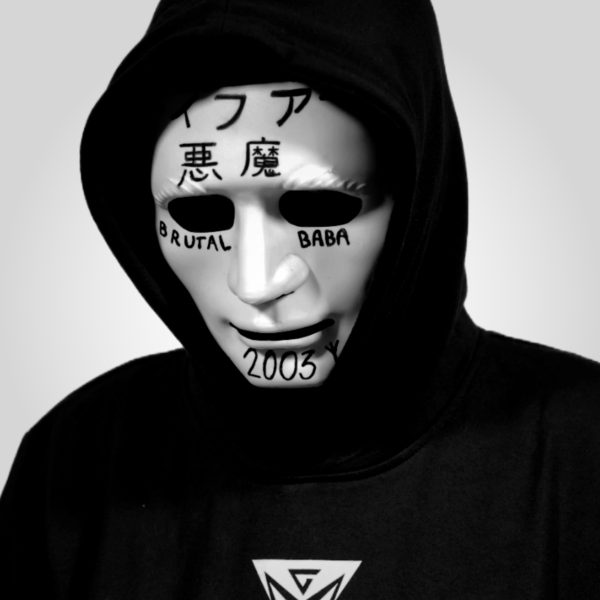Indian Hip-Hop fans may have made their decision on who won the SOS v Seedhe Maut beef but the real winner was Bobby aka 30KEY! for the tracks he produced for SOS during the beef. In our latest interview we spoke to 30KEY!, a talented young beat producer hailing from the beautiful Kashmir valley. We spoke about his journey in music production, music from Kashmir and his opinion on the recent beef between SOS and Seedhe Maut and many more things. Read his interview below.
What sparked your interest in music production, and how did you get started in the industry?
I’ve always been a big Hip Hop head, even before I started making any music. What really got me into music production was the documentary called “The Defiant Ones” by Dr. Dre and Jimmy Iovine, along with a YouTube video of Metro Boomin and Travis Scott working on “Skyfall.” The moment I saw those, I knew this was what I wanted to do, and I’ve been at it ever since.
How did you connect with the Straight Outta Srinagar (SOS) collective, and what drew you to their vision?
I had been following Ahmer since he dropped his debut album “LKBD.” During lockdown, SOS dropped their first single, “Khoon Rezi,” and Ahmer shared that track on his story. From there, I texted Arslan, telling him I liked their track. He replied, saying he wanted to work with me. I don’t think they knew I was from Kashmir as well, but when I told him, he was surprised. He mentioned he had a demo and asked if I was interested in producing it, which ended up being the song “Psycho.” What drew me to their vision was their hunger for Hip Hop and their willingness to work things out by any means possible. I share that same drive, which is why things came together the way they did.
Your EP with Ahmer (Alive In K) received critical acclaim. Walk us through your creative process when collaborating with him.
Working with a creative genius like Ahmer has been nothing short of a blessing. Our creative process is quite straightforward: we meet in the studio, and if one of us has an idea, we start by laying down the foundation of the beat. At the same time, Ahmer begins writing his verse. What I admire most about him is his work ethic; he’s writing something every day, and once he’s locked in, it doesn’t matter how many people are in the studio or what distractions there are—he gets things done. “Alive in K.” came about in a similar fashion. We originally intended to work on a single, but the energy and creativity flowed so well that it naturally evolved into an entire project.
What are your thoughts on the SOS vs Seedhe Maut beef – do you think it’s healthy competition or detrimental to the scene?
I wouldn’t categorize it as a competition. The conflict between SOS and Seedhe Maut was deeply personal, and SOS found themselves in a position they didn’t want to be in. The ongoing issues and subtle disses they faced over the years had already affected their work and personal lives. People labeling it as ugly may not fully understand the backstory. What’s positive is that SOS finally decided to speak out, as staying silent wasn’t an option.
You produced several diss tracks during the SOS vs Seedhe Maut feud. What inspires your creativity when crafting beats for these types of tracks?
I didn’t really treat these beats any differently from what I usually make. To me, it was just like making another song. The only difference was the rapid pace at which we had to work. Everything came together so quickly that we didn’t had time to overthink, which actually worked in our favor. The urgency added a raw energy to the tracks that might have been lost with more time.
How do you balance your artistic vision with the demands of producing for a specific artist or group?
Balancing my artistic vision with an artist’s needs is about finding a common ground. I start by understanding their style, preferences, and the message they want to express. This allows me to create beats that align with their vision while adding my own creative flair. Good communication is essential. I work closely with the artist, sharing ideas and feedback to make sure we’re on the same page. Sometimes, I need to adapt my style, but I see this as a chance to grow creatively. Ultimately, I aim to create music that reflects both the artist’s identity and my own style.
What’s your favorite project you’ve worked on to date, and why is it special to you?
Two songs stand out as particularly special to me. The first is “Takabur” by Ahmer from the project “AZLI.” The second is “AHAD” by SOS. Both were released at pivotal moments in my life.
“Takabur” resonates with me due to its theme of envy and jealousy, emotions that have sadly become prevalent in our society. Ahmer’s ability to delve into these themes so beautifully is why I love the song.
“AHAD” holds significance because it was the first single SOS released after leaving Azadi Records. After everything we went through at Azadi Records, this song represented a fresh start and a chance to move forward. That’s why these projects are so close to my heart.
How does your Kashmiri heritage influence your music, if at all?
My Kashmiri heritage plays a big role in my music. Just like how different regions in the U.S. have their own distinct sound, I try to bring the unique sounds of Kashmir into my tracks. It’s not just me—everyone I work with is also passionate about honoring our culture through our music.
For example, in my song “Czawul” with SOS, we sampled traditional Kashmiri music from songs like Abdul Rashid Hafiz’s “Behaa Yaar Lagai,” “Bail Wanty Bal Yaras,” and “Bo Paerai Khan.” Mixing these with modern hip-hop beats creates a fresh and unique sound that respects our roots while also pushing the genre forward. This way, we not only keep our musical traditions alive but also share them with a wider audience.
In short, my Kashmiri heritage shapes my music. It’s a way for me to share where I come from with my listeners.
What’s your take on the current state of the music industry in Kashmir, and how do you see yourself contributing to its growth?
The current state of the music industry in Kashmir is challenging. While there’s no formal industry structure, the talent here is undeniable. A sense of community among artists is beginning to form, which is promising. However, without an industry framework, we often fall prey to exploitation by labels that strip us of our rights. To combat this, we need to focus on creating high-quality music, educating ourselves about the industry, and strengthening our community.
I think the music scene in Kashmir is ever growing. There had been a slump of what one might call “good” music for a while. But since 2018 again, we have been producing crazy good musicians from the valley. Right now, the scene is such an amazing thing to witness, new artists coming out every other day and each one of the more talented than the other! I think me being able to collaborate with other talented artists from the valley is the best thing I can do currently, and help the other producers who want to grow in their fields as well.
Are there any upcoming projects or collaborations you’re excited about that you can share with us?
Yes, Ahmer and I are working on the next installment of our Alive in K. series, Alive in K. II. We’re planning to release a new installment every month or two. Additionally, I have a single with SOS coming out real soon. We’re also working on a mixtape, which just needs some finishing touches before we can decide on the release date. Additionally, there are some great collaborations with other artists in the works that I’m looking forward to sharing soon.
Listen to 30KEY! tracks on Spotify:





